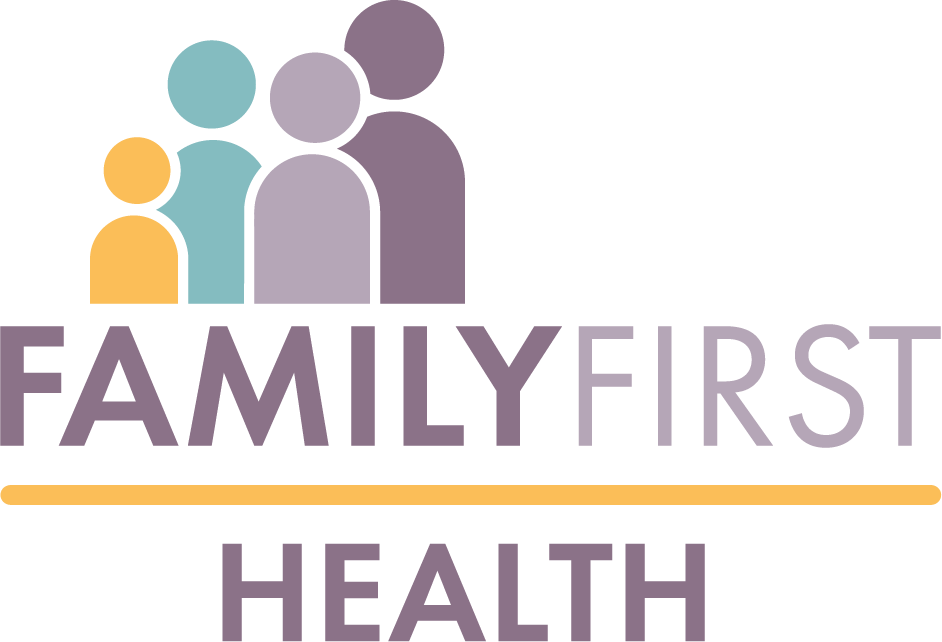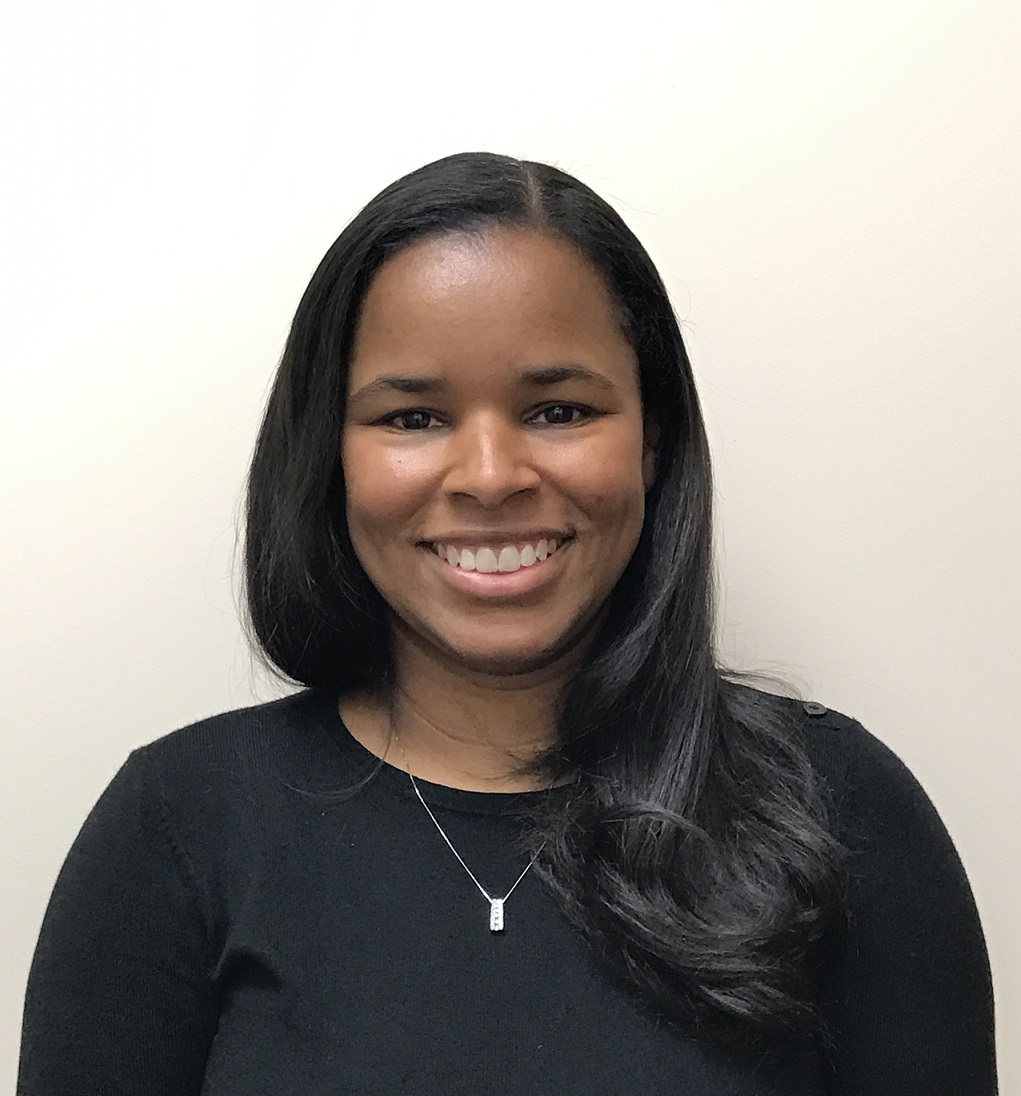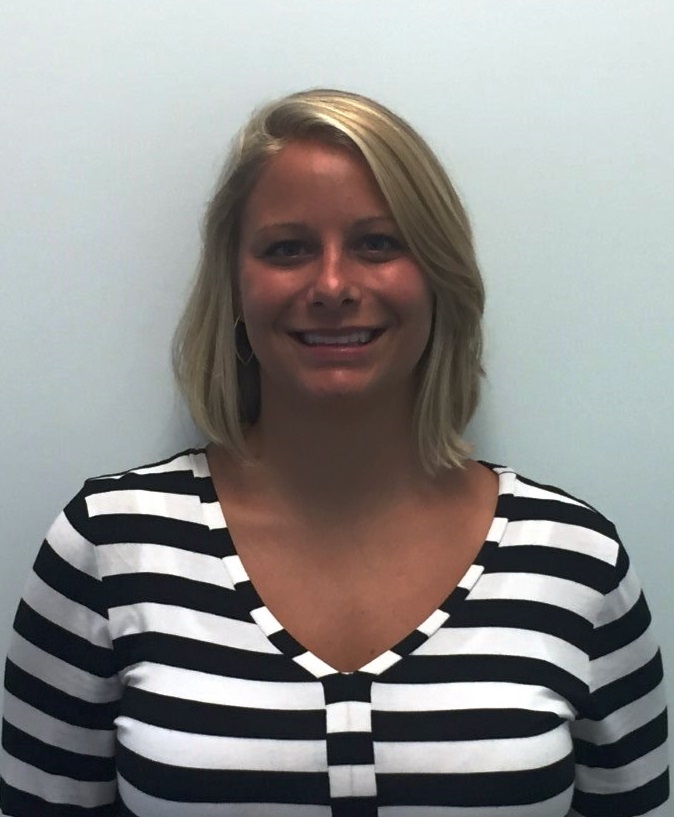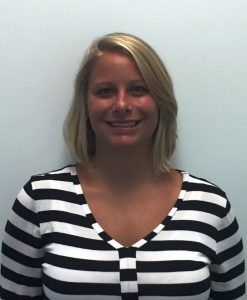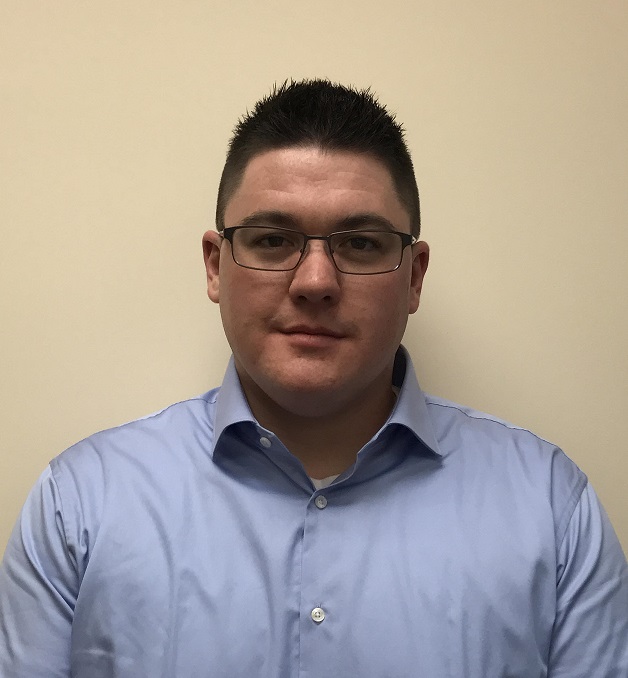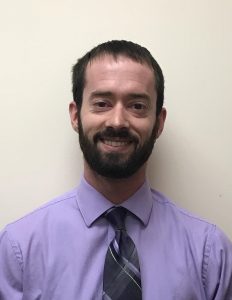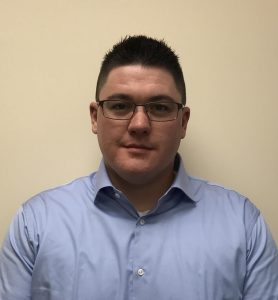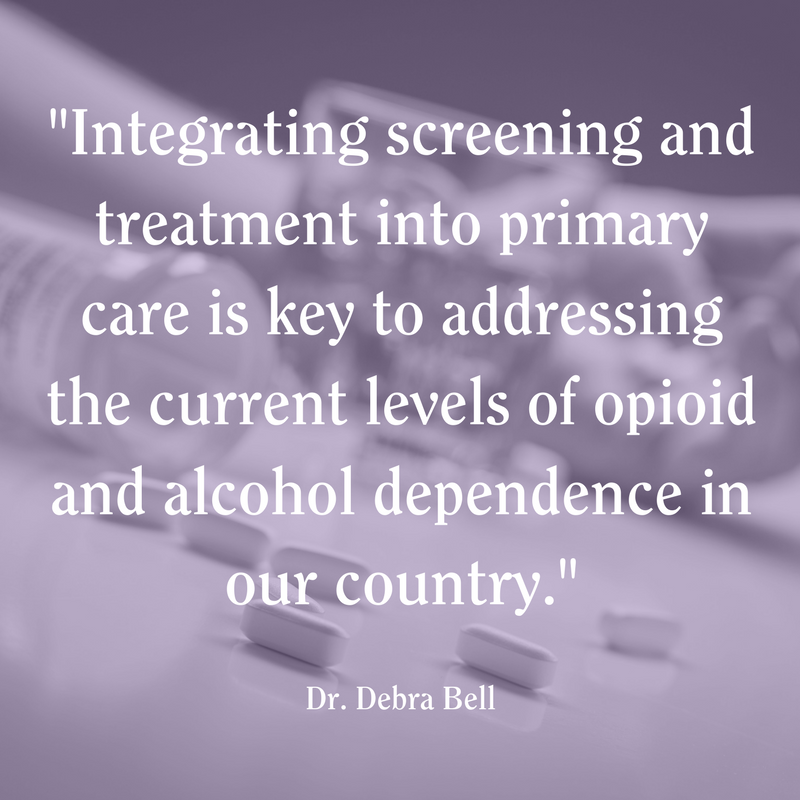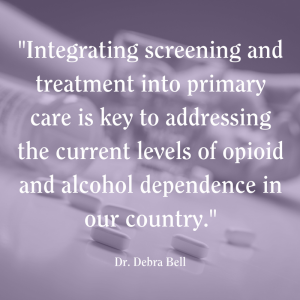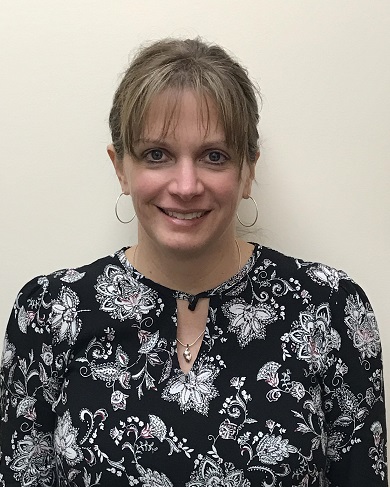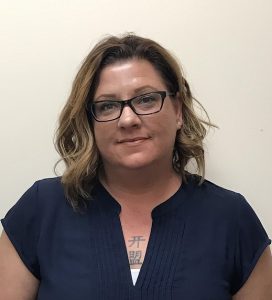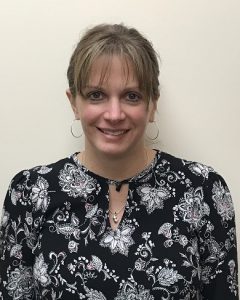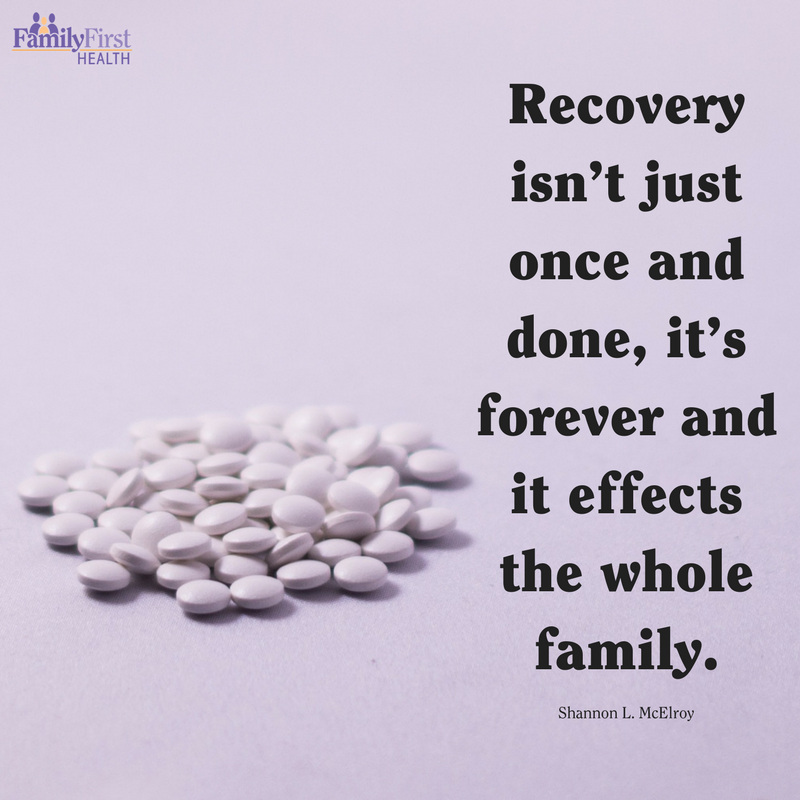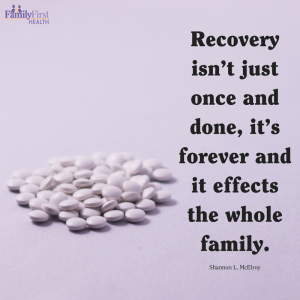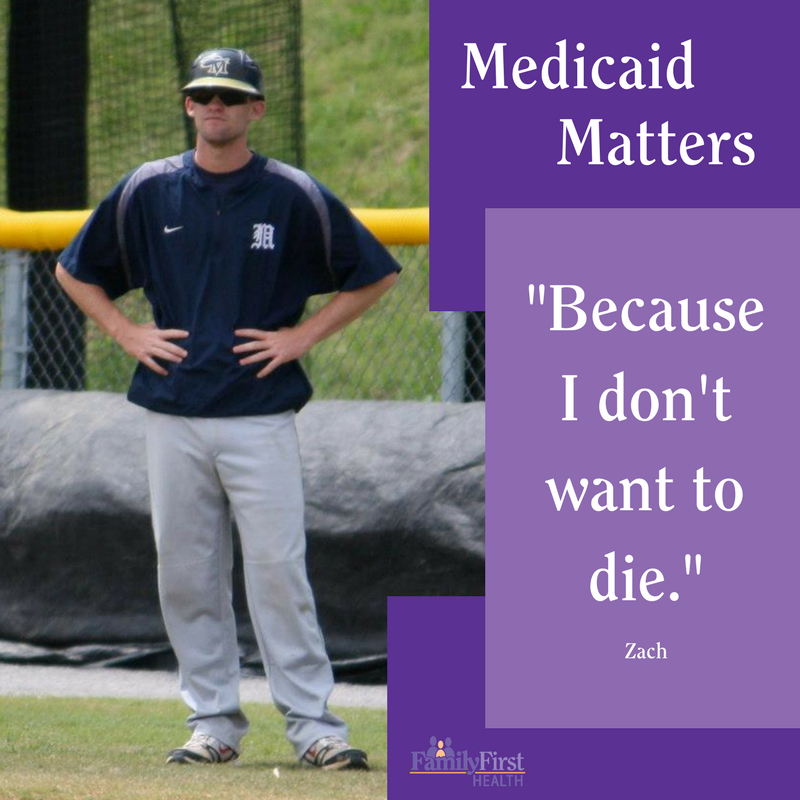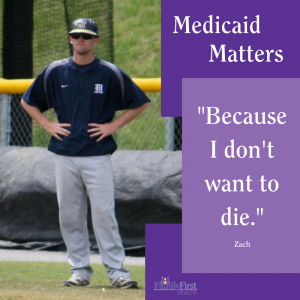Family First Health’s Center of Excellence provides patients with substance use disorders the support they need to reach, and maintain recovery. Our team links patients to community resources/support services, then walks alongside each patient to ensure that critical needs are met and that the patient remains in care for as long as needed. The goal – to give each patient the supports needed to get, and stay healthy. The team is currently seeing patients at our George Street, Hanover, and Columbia centers. For more information please call 717-801-4864.
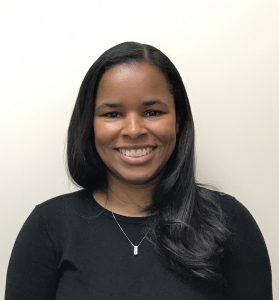
Meet Anika Jackson, the Center of Excellence (COE), substance use program, director! Anika has Bachelor of Arts in Communications from Elon University and a Master of Science in Public Relations from S.I. Newhouse School at Syracuse University. She has spent a lot of time working in community based organizations, which is why she was led to Family First Health, it was a “no-brainer” for her.
Anika particularly enjoys working with the substance use treatment population because it gives her the opportunity to help this vulnerable population put their lives back together. With her position in particular she gets to work to build internal capacity for the program and also build partnerships and relationships in the community to help facilitate care for patients. When asked why this program is so important for Family First health, she shared:
“There are many paths to recovery. Family First Health’s Center of Excellence allows individuals seeking recovery the opportunity to get healthy in a holistic way. Our team provides social, biological and psychological support services all in one place. Having this program in the context of primary care destigmatizes substance use. Patients in our program can get all of their medical and substance use related concerns addressed with a single medical provider – it’s simply ‘going to the doctor’.”
It’s easy to see why Anika is a great leader to be at the helm of the COE program. She has fit into the Family First Health family easily and has enjoyed making connections with both staff and patients. During her downtime, Anika likes to spend time with her family. Lately, she spends most evenings at the baseball field – either watching her son play or watching the York Revolution.
